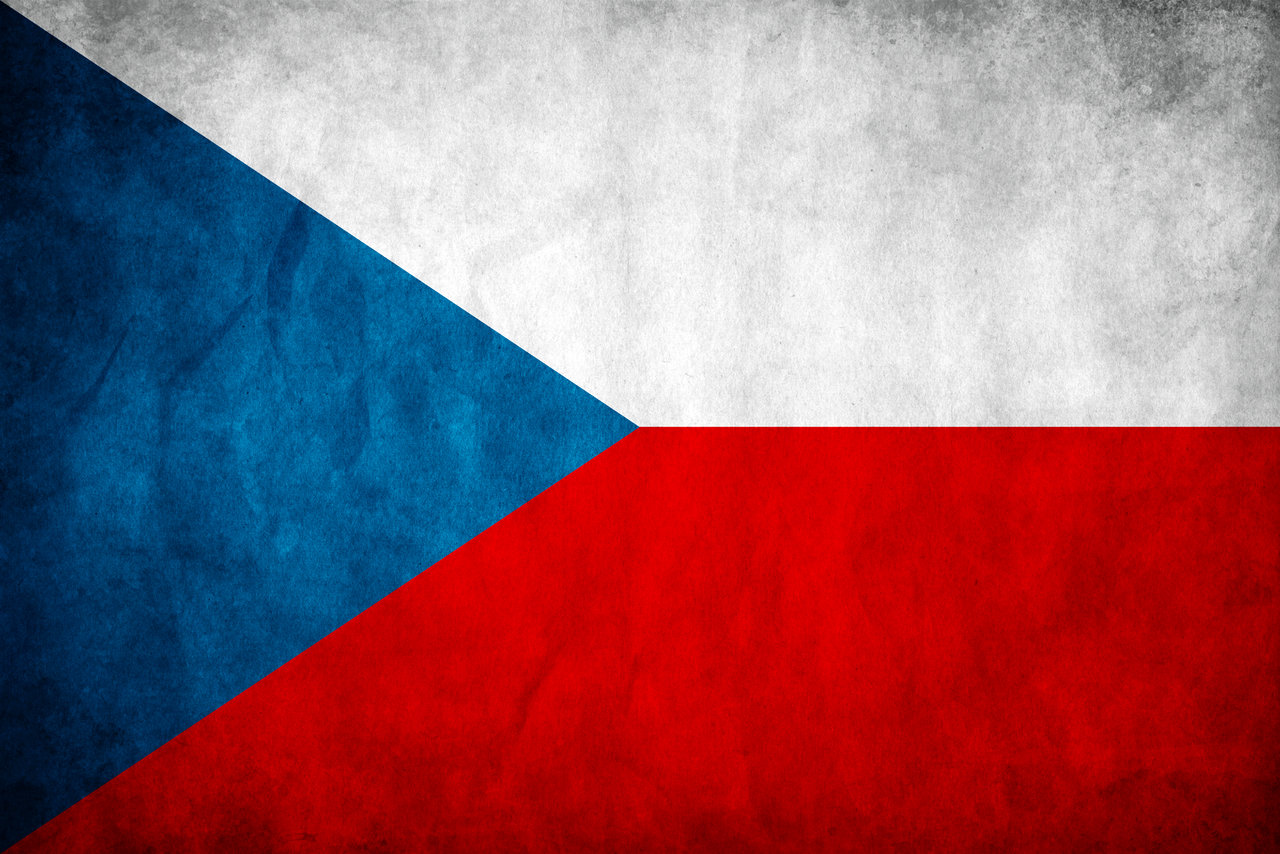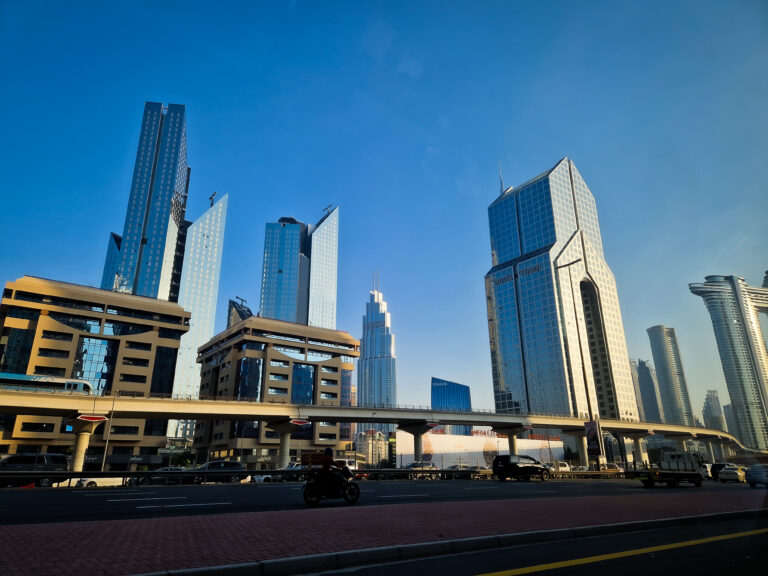Czech Republic. The Spared City.
Hácha’s Impossible Choice
Not many of us are ever faced with a decision like Czechoslovak president Emil Hácha in the spring of 1939. After much of his country had been dismantled piece by piece by his supposed allies in Britain and France during what has become known as Mnichovská zrada—the “Munich Betrayal”—Hácha suddenly found himself in Berlin, face-to-face with an emboldened Adolf Hitler.
He was presented with one of the most sinister ultimatums a patriot could imagine: Nazi troops were already on the march, and unless his countrymen laid down their arms, Prague would be bombed into oblivion. Shocked, deceived, and expecting only a diplomatic mission, Hácha collapsed from the stress, suffering a heart attack before signing the papers that reduced his nation to a Nazi protectorate for the remainder of the war. He had to be revived by Hitler’s personal doctor before completing the act.
In capitulating, Hácha likely saved his people from annihilation at the hands of the Wehrmacht and spared Prague the destruction of the Luftwaffe. As a result, unlike many cities in Europe, Prague stands to this day largely untouched for centuries.
First Impressions of Prague
For my final spring break of college, I set out on my fourth trip with my two stepbrothers to this remarkable city. In many ways, Prague feels familiar: I’m convinced every fairy tale imagined by Disney was in some way inspired by it—hilltop castles, old stone bridges, and ornate clock towers.
I kept expecting to find a grittier side of Prague: graffiti-covered high-rises like those I’d seen in Madrid, or unlit alleys like in downtown Lima, filled with trash and stray dogs. But it never came. Prague was spotless, every corner pristine.
Beer and Marionettes
You might think it strange for three guys in their twenties to focus less on nightlife and more on… puppets. But in Prague our goals were simple: good Czech beer and a performance of Don Giovanni. Not the grand opera, but Don Giovanni performed by marionette dolls dangling from strings.
To this day I’m not sure whether what we saw was a joke or an authentic glimpse of Moravian tradition. Either way, we got what we came for: Don Giovanni and Czech beer, the latter at Restaurace U Dvou Koček. Amusingly, the reviews tell a story of their own: filter to Czech-language reviews, and they’re glowing; filter to English ones, and Americans seem to hate it. That only made me like it more.
Snowfall Over Prague
On our second or third night, snow began to fall. The red rooftops disappeared under white sheets, and the cobblestone plazas turned slick and shiny.
The next day we crossed the iconic Charles Bridge and climbed the hill to Prague Castle, which the Czechs proudly call the largest castle in the world. Standing before it, I didn’t doubt the claim. From its hilltop perch, the fortress dominates the city—its soaring spires unchallenged by modern buildings out of respect for history.
After taking it all in, we descended with mugs of hot mulled wine in hand and caught Bus 16 into the countryside, bound for Terezín. Though spared destruction in World War II, Terezín reminds visitors that the Czechs were not spared its horrors. Beneath the fairy-tale architecture and charming marionette shows lies a darker, more sobering story.





